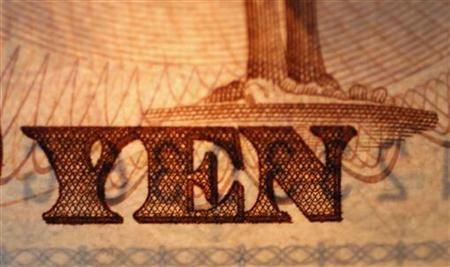Japan Posts Record 2011 Trade Deficit Despite Export Growth In March

Japan reported Thursday a record trade deficit for fiscal year 2011 as exports tumbled on account of falling global demand and a nuclear energy crisis that resulted in the rise of oil and gas imports.
The finance ministry data showed the country recorded 4.41 trillion yen ($54 billion) trade deficit in fiscal 2011, which ended March 31, with exports falling 3.7 percent from the previous fiscal year and imports climbing 11.6 percent. However, exports grew in March, boosted by a rebound in shipments of automobiles and auto parts to the US.
The trade deficit in March of 82.6 billion yen ($1.0 billion) was much narrower than the 223.1 billion yen ($2.7 billion) deficit expected by economists surveyed by the Nikkei and Dow Jones Newswires. The March result of the upsurge in exports is supportive of the estimate by the International Monetary Fund that Japan’s economy may grow by 2 percent in 2012.
Exports grew in March by 5.9 percent from a year earlier, but imports climbed 10.5 percent to move the trade balance to deficit from a surplus status in February. Japan had posted a surprise trade surplus of 32.9 billion yen ($400 million) in February.
Figures in March reflect that the improving US economy has contributed to an increased demand for Japanese goods. The overall exports to the US rose by 5.9 percent,according to data released by the Ministry of Finance.
However, the mounting demand for imported fossil fuels has become a major factor driving the trade deficit.
The government had decided to shut down most of Japan's nuclear reactors following the earthquake and tsunami of 2011 that resulted in the worst nuclear accident in 25 years. Since most of its nuclear reactors remained offline, Japan had to increase energy imports.
Of the 54 nuclear reactors, 53 are already shut down and the last one on the island of Hokkaido will also go offline from May 5. The first time in four decades, the country will be without atomic energy resources. Shutting down the nuclear reactors in the summer will definitely put the country’s economy under severe stress.
The situation has been worsened by the rise in oil prices, a result of the aggravated tension between the West and Iran. And the weakening yen too has resulted in a swollen import bill, further exacerbating the trade deficit. In the last six months, the yen has declined 6 percent against the dollar.
Meanwhile, the Bank of Japan Governor Masaaki Shirakawa said that he is committed to continuing monetary easing. “The Japanese economy has stagnated and the rate of growth is sub-par among the major economies,” Shirakawa said.
© Copyright IBTimes 2024. All rights reserved.





















